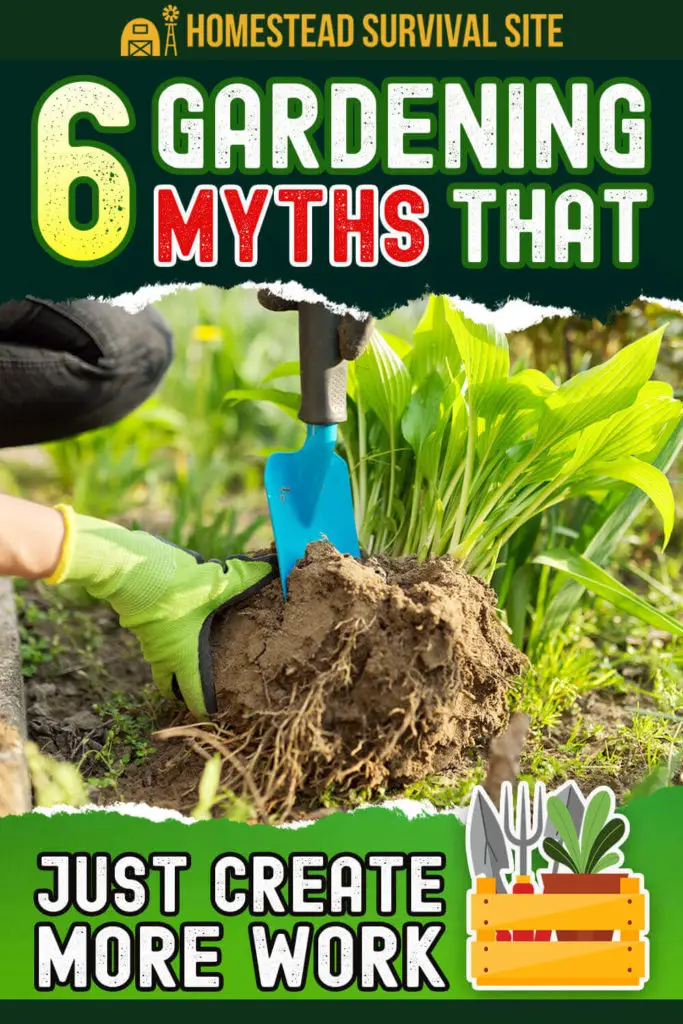Estimated reading time: 6 minutes
Many years ago, there was a biologist, philosopher, and farmer in Japan who had a novel way of approaching his work on the land. Instead of asking what he could do to make his farm and gardens more productive, he asked what he could not do.
He was interested not in what actions he could take, but more in what he was doing that was getting in the way of productivity by disrupting ecological cycles.
For a full 70 years, from 1938 until his death in 2008, Masanobu Fukuoka proved in his own gardens and fields that, with a bit of design and ecological understanding, you can get higher yields with much less work compared to traditional production methods.
During that time, and since, other movements of more natural food production have increased in popularity as well, from different organic techniques like integrated pest management, to permaculture and ecological design, to agroforestry. All of them share one principle in common: let nature do the work whenever possible.
Want to save this post for later? Click Here to Pin It on Pinterest!
The plants, the animals, and the soil food web have evolved for hundreds of millions of years without human intervention, and they got along just fine. It is directly from these miraculous relationships that stabilize natural ecosystems that we can learn how to boost productivity and limit the work we need to do in the garden.
The following myths that create more work in the garden are a good place to start:
Myth #1: Watering a Lot is Good
Although watering garden plants is usually not something you can eliminate completely in most places (especially during establishment), there are many ways you can limit or almost completely eliminate watering. First and foremost is the concept that the best place to store water is in the soil. One of the best ways to increase your soil’s water holding capacity is to add organic matter, since for every 1 per cent of organic matter that is added, the soil can hold 20,000 more gallons of water per acre.
Want to start a homestead but not sure how?
Click Here to get a FREE book, "How To Homestead No Matter Where You Live."
Earth work projects such as swales can also dramatically increase water infiltration and thus the water content of the soil (just make sure to learn more first and that your landscape is suitable for swales), as can planting trees and other deep rooted perennials, especially on high points in the landscape.
Another important way to keep water in the soil is to mulch heavily, using at least 4-6 inches of mulch, which will both prevent water evaporation, while also boosting soil life, which in turn increases organic matter production while creating “soil aggregates” that help to maintain moisture and nutrients.
Other water optimization tips include using drip irrigation, and being careful not to water deep rooted plants too sparsely, too often, which can lead to the plant keeping its roots close to the soil surface without developing deeper roots for water independence.
Myth #2: Fertilizing a Lot is Good
Similar to water, fertilizing too often, and with the wrong kinds of fertilizers, can also be a bad thing. Popular chemical fertilizers on the market can in fact disrupt soil food webs, leading to the need to fertilize more often.
Instead, doing a soil test to see what nutrients are missing, and then treating the problem more intelligently with organic fertilizers, will yield better long-term results. Remember, you’re feeding your soil and its microorganisms, and if you take care of the soil, the soil will take care of the plants.
Myth #3: Spraying Pesticides is Necessary
Whenever you spray pesticides, you’re not only killing the pest, but also its predators, leading to an ongoing battle that can never be won. For one thing, pests are developing resistance to pesticides.
Instead, create a diverse ecosystem of plants with plenty of predator habitat such as logs, shrubs, mulch, and ponds. Research the pests you’re having problems with to identify what eats them, find out what those predators need, and give it to them. The book Edible Forest Gardens, vol. 2 by Dave Jacke contains a handy section on predator needs, along with extensive information on designing low work gardens in general.
Myth #4: Lots of Weed Control is Necessary
Weed control such as tilling, weeding, and herbicide application can largely be a thing of the past. Planting more densely, planting groundcovers and cover crops, sheet mulching and solarizing to prepare garden beds, and using a lot of mulch in general will lead to much less weed competition for your plants.
Tilling for weed control not only destroys your soil’s structure, which decreases water and nutrient holding capacity, but also stirs up and encourages weed seed germination. No till farmers have known for many years now that tilling is a losing battle leading to poorer and poorer quality soil each year. This is especially true if tilling doesn’t involve using cover crops to the mix to add lost organic matter and nutrients back into the soil.
Myth #5: Annuals Are the Only Productive Food Crop
Most gardeners focus on annual vegetable crops, but there’s a whole world of low maintenance perennial food crops that will increase your nutrient cycle efficiency with their deeper roots and provide food and habitat for predators of pests, all the while not requiring replanting year after year.
Beyond the more famous perennials of rhubarb and asparagus are such crops as hazelnuts and other nuts, fruit trees, raspberries, blackberries and other fruit, good king henry (perennial green in the spinach family), perennial kales and other brassicas, and many more.
Want to start a homestead but not sure how?
Click Here to get a FREE book, "How To Homestead No Matter Where You Live."
Myth #6: Planting in Rows/Rectangular Beds is Always a Good Idea
Gardens need not look like boring lines containing all the same plants. In fact, planting all your plants of the same species together makes it easy for pests and diseases to spread, while increasing root competition for the same nutrients at the same depth of soil. Instead, interplant with companion planting methods, mixing annuals and perennials together to decrease root competition.
The more diversity of plants you add to the mix, the more variety of rooting patterns and depths you’ll have, and the more likely it is you’ll create habitat for predators. Try to avoid incompatible plants by learning about companion planting, and doing some research into the rooting patterns of your plants.
Conclusion
Regardless of how you feel about environmental concerns, the fact of the matter is, you are likely doing a lot more work in the garden than you need to be doing if you are still in the control based mindset of having to impose your will upon the landscape by digging, tilling, spraying, weeding, watering, and planting more than you need to.
If you’re ready to do less work in the garden, it might be time to step back and learn about some of the advanced gardening methods out there that take a more ecological approach, not just to limit damage done to the environment, but to limit the damage done to your back!
Like this post? Don't forget to Pin It on Pinterest!



I really enjoyed this post! Thank you for sharing! I wish everyone would stop believing these myths.
On my own site (Wild Homesteading) I have been writing posts covering the alternatives you mentioned up above. I’m going to share your post with my community since I know it will resonate with them.
Thanks for the great post!
Thanks, glad you liked it!
I thank you for all this information, it has been helpful in so many ways. Thank you.